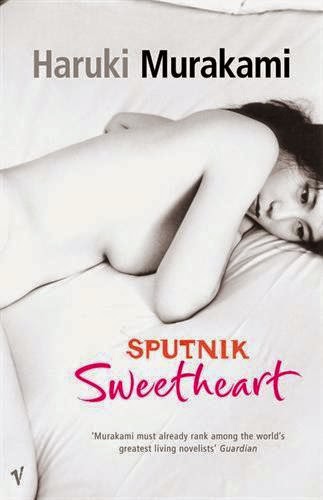Title: Mary
Author: Vladimir Nabokov
Length: 114 pages
Year Written: 1926
Why I chose this book: I was once intrigued with (Nabakov's most famous novel) Lolita, and purchased this book in 2012 to explore more of his writing (as you can see, I have a habit of buying books and not reading them immediately).
I love books that have plots socially predating modern forms of technology. You know, the stories involving letters that take weeks to reach their recipients, and love affairs that spawned from a chance locking of eyes at the local fair. That kind of stuff. No phone numbers, no email addresses. Definitely no Instagrams.
The main character of this book is Ganin (which I believe is his nickname - the book was originally written in Russian so perhaps some things are lost in translation for me), who is a young guy (20s, maybe) staying in a boarding house with a bunch of random roommates. He learns that one of his housemates is awaiting the arrival of his wife, Mary. In some way or another, Ganin determines that this is the same lovely young Mary with whom he'd fallen in love and had a brief affair with a few years prior.
The book is very short, and not much happens. It seems like Nabokov spends a bulk of the novel just setting the scene, and there isn't actually much action. My favorite part of the book comes quite near the end, and it really spoke to me about the validity and importance of memories versus reality. Ganin was holding on to memories of a woman he had only known for a few days, and in his mind their relationship took on a new life. In reality, however, he was likely nowhere as important to her. After all, she'd gotten married to another man. Such is life.
Nabokov is smart and artistic, and although Mary is nowhere near as layered or heavy as Lolita (which comes later, as this was his debut novel), it was still a fairly enjoyable read with subtle yet vivid imagery.
Rating: 7.8/10






